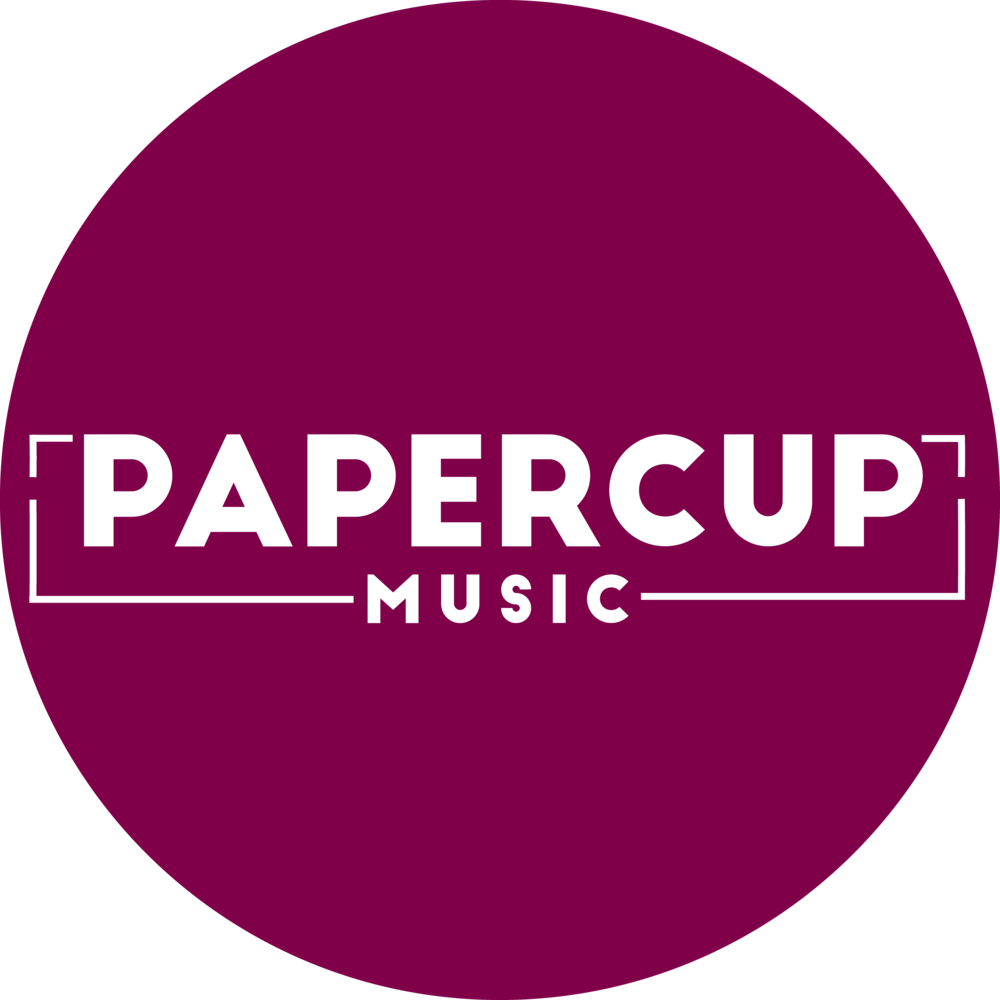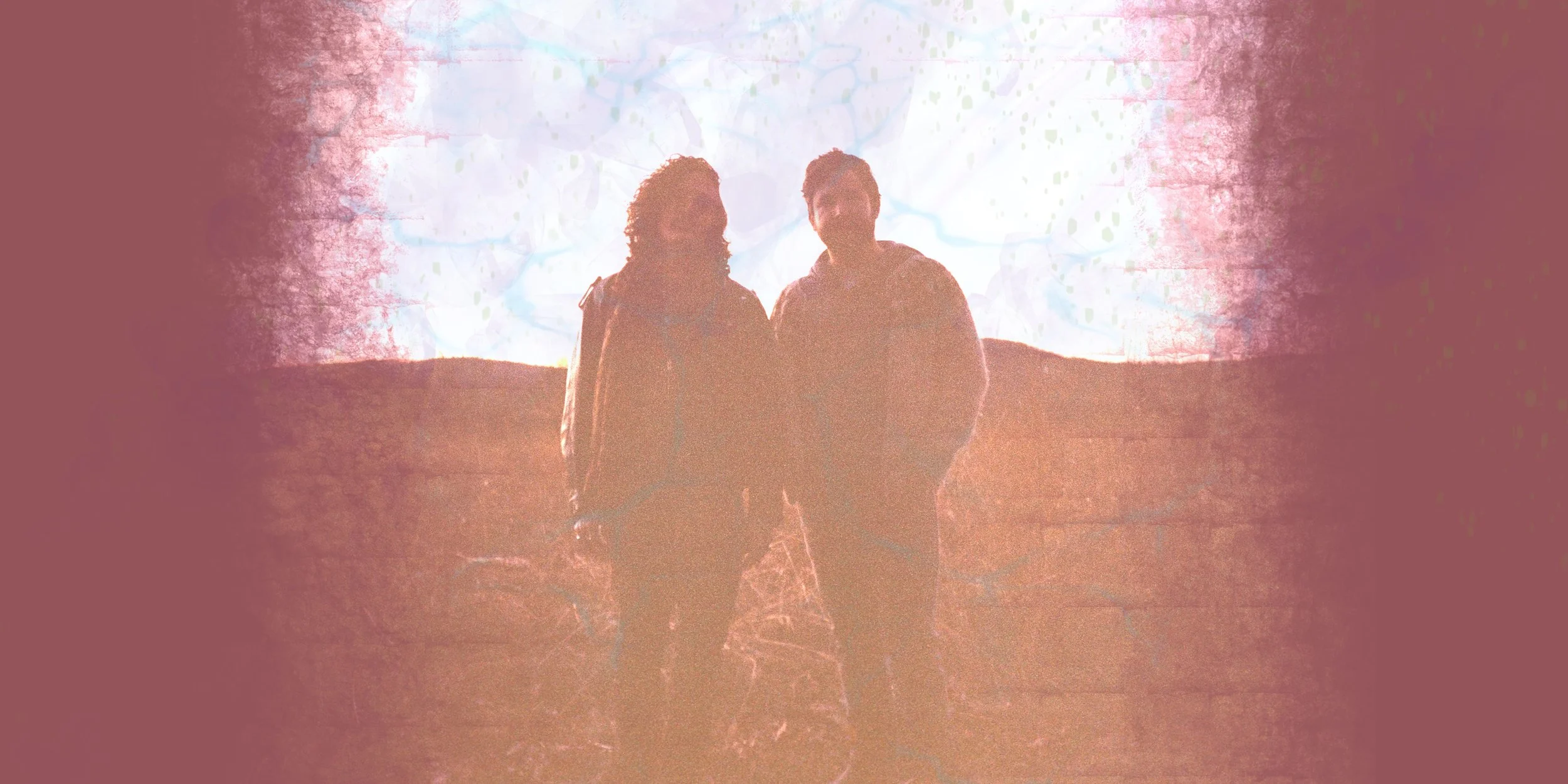KEWL HAZE
Party goodies and introspection copiously consumed together are the breakfast of champions for Philly-based psych-rock duo, Kewl Haze (not to be confused with the cannabis strain). The twosome’s full-length debut, Suburban Sherpa, can black out all of your adult problems.
“We would have a couple of beers before studio sessions, talk about life, and that led to an openness in the studio,” Dan Scott Forreal reveals. Derek Sheehan chimes in: “A lot of life happened in the span of making the record, some hectic and difficult situations, but we laughed our asses off. We took a lighthearted outlook on everything we wrote about.”
Kewl Haze’s clandestine chemists Forreal and Sheehan—both accomplished multi-instrumentalists, producers, singers, songwriters, and mix-engineers—toiled away in home studios and in professional studios, perfecting the 11-song album. The long strange trip took 4 years; at times, concerned friends and family; but it is sure to delight fans of dance-y, miasmic, genre-jumping psych-rock.
In addition to partaking in other indulgences while recording Suburban Sherpa, the guys fully indulged their genre-busting tendencies with the mantra: “Let’s try it, if it’s cool, it will end up on the record.” A lot of cool stuff made the cut to achieve the duo’s hazy, lysergic, and uplifting sensibility. The paisley 1960s, the groovy 1970s, the Madchester 1980s, and the weirdo 1990s all swirl around on the 11-song album. “A hip-hop drum break, an 1980s analog synth, a country guitar thing, a CSNY vocal harmony, an acoustic guitar with a swampy electric beneath—that taken all together sounds like us,” Forreal laughs.
This reckless abandon might be the result of pent-up frustration from the more strict genre parameters required for Forreal and Sheehan’s previous projects. Prior to Kewl Haze, Sheehan was the visionary behind the critically-acclaimed, Philly/Brooklyn-based dream-pop band, Weekender, signed to ultra-hip indie, PaperCup Music. That band’s music was on regular rotation on WXPN, featured in dozens of indie music blogs worldwide and Spotify New Music playlists, and placed in television shows such as Girlfriend’s Guide to Divorce, Viceland King of the Road, and Teen Mom. Weekender also shared stages with such bands as Future Islands, The Growlers, Nothing, Surfer Blood, Besnard Lakes, Quilt, Israel Nash, Peace, Holy Drug Couple, and Field Report.
Before Kewl Haze, Forreal fronted Colorado psych-funk outfit Miscomunicado, sharing bills with G. Love & Special Sauce, Dopapod, and The Werks, and he even spent a stint drumming for then-hip-hop artist Mod Sun. Forreal later moved to L.A. to study music production and mix engineering at UCLA, working as an audio engineer and expanding into visual arts—he now handles all of Kewl Haze’s design work.
Forreal and Sheehan grew up down the street from one another, attended the same school, and came up in the same underground music scene. Yet, it would be in adulthood when they found themselves as sort of the last men standing still pursuing music from their peer group that Forreal and Sheehan began collaborating.
At the time, Sheehan was burnt out from working full-time while maintaining a thriving music career with Weekender. He initially collaborated with Forreal during one of Forreal’s visits home, gear in tow. The two quickly discovered an artistic synergy and maintained momentum, with Sheehan volleying him unfinished Weekender demos. Forreal’s imaginative renditions of these Weekender tracks reinvigorated Sheehan, and the pair’s remote collaboration intensified. When Forreal, reeling from a seismic breakup, wanted to move back to Philly, Sheehan flew out and the pair embarked on an epic two-week road trip, scheming and plotting Kewl Haze along the way.
Back in Philly, the duo holed up in their home studios with lots of mind and mood-altering party favors, but occasionally popped out for sessions with Matt Barrick (The Walkmen, Jonathan Fire Eater) at his studio, Silent Partner, co-owned by Light Heat’s Quentis Stolzfus and Interpol’s Paul Banks. Barrick was a source of inspiration and played drums and percussion on a handful of album tracks. Suburban Sherpa was mastered by Stoltzfus at Silent Partner.
The shimmering shoegaze-y single, Used to Have It All, is a pivotal entry in the Kewl Haze oeuvre. It was the first song the guys wrote together in person after their inspired cross country trip. “Used to Have It All” reaffirmed the creative chemistry evident in the pair’s bi-coastal collaboration. Previously, “Used to Have It All” had the playful working title, “Ariel Pink Storms the Capitol,” because the song had more of a lo-fi vibe in its embryonic stage. The song blossomed into Tame Impala, MGMT, and Flaming Lips-esque modern psych-pop grandeur with slap bass, punchy drums, and dreamy analog synths.
This is a booze-fueled retrospection on Forreal’s painful breakup which ended up being a pivotal moment in his personal and professional lives. While writing it, Forreal let the whiskey do the talking, and it didn’t lie. In his lyrics he grapples with the feeling that he“used to have it all—it was never enough,” and confronts the starkly lonely moment he realizes he “...got no one breaking my fall.” The final recording’s vocals are the ones he recorded that sad night, and you can almost smell the booze and desperation on his breath. Sheehan, latching onto Forreal’s sentiment, channeled his own sense of lament for things that had gone awry in his past. His lyric contribution in the bridge section, “Hold my Beer, I’m trying my best,” is classic Kewl Haze irreverence.

